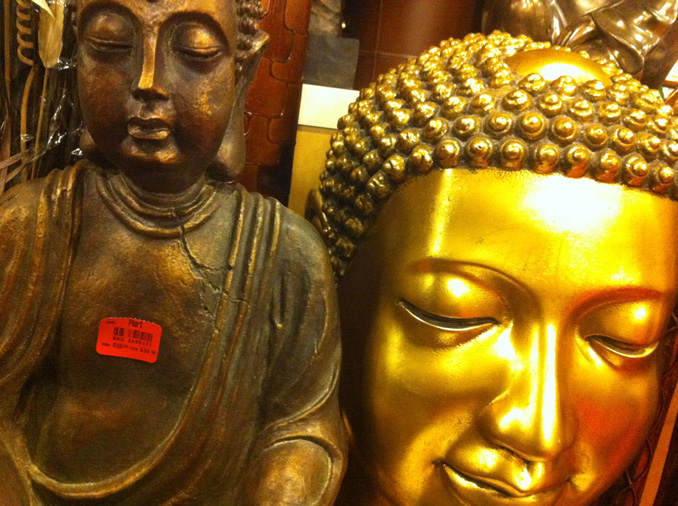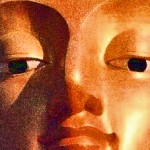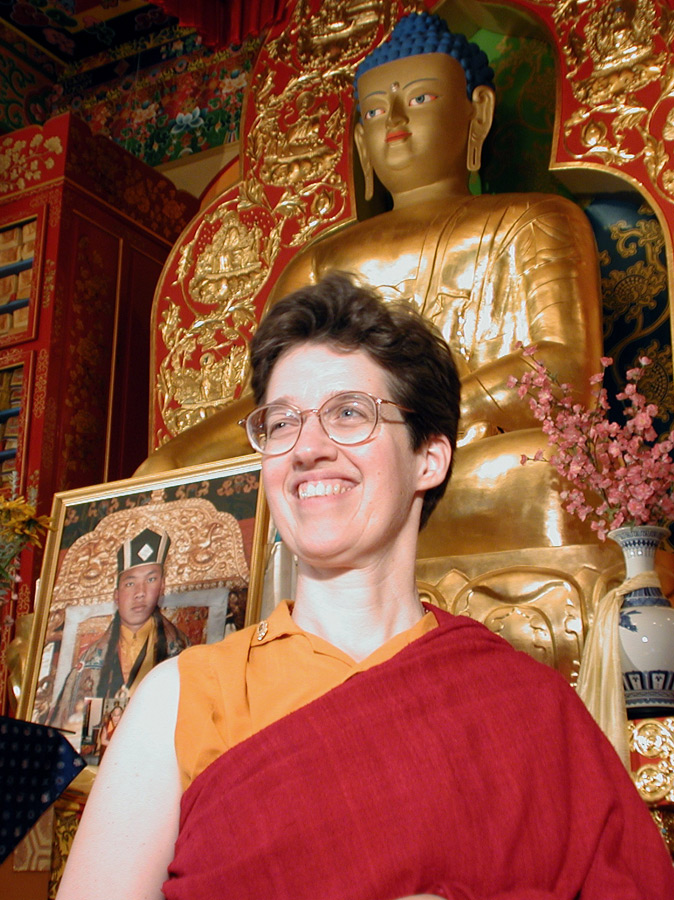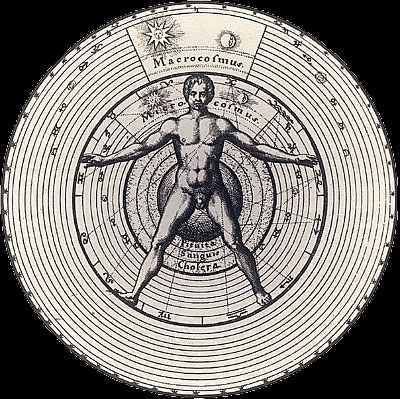SnapShot
I see them near the wall that holds the potpourri, the candles. The really nice upholstered pillows, plus a nice tall wooden giraffe. Two Buddhas, meditating on the ineffability of how they are here, for sale at Pier 1 Imports, in western West Virginia. At a mall. I flash them a quick namasté. Re-purposing them. Or maybe original-purposing them, these Buddhas in the furniture store, amid the trinkets. I buy a white porcelain coffee cup — $6. But not one of the Buddhas. Although I am in the market for one to fit the empty space on my downstairs meditation altar since I gave the small wooden Buddha there away to my brother for his birthday last year.
These Buddhas are rather large. I wonder where they will end up, whether someone else will namasté them. Or sit, like them, in front of them, with folded hands and meditative eyes? Or rest a margarita, at some cocktail party, upon the head of the big golden one to the right. It could happen.
I leave them to their travels, walking out the door with my coffee cup, as the two Buddhas sit onward, serenity for sale. | douglas imbrogno














 image source
image source

